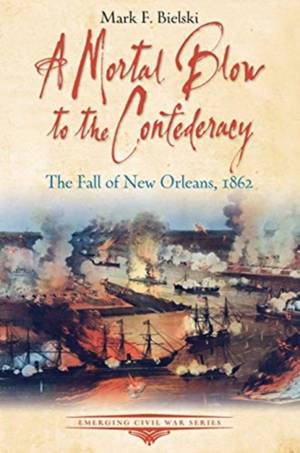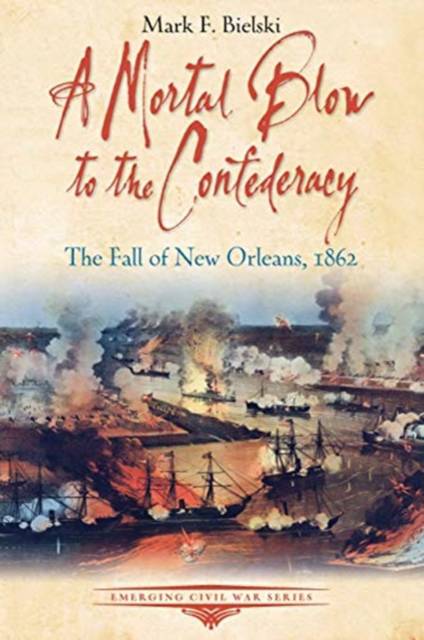
- Retrait gratuit dans votre magasin Club
- 7.000.000 titres dans notre catalogue
- Payer en toute sécurité
- Toujours un magasin près de chez vous
- Retrait gratuit dans votre magasin Club
- 7.000.0000 titres dans notre catalogue
- Payer en toute sécurité
- Toujours un magasin près de chez vous
Description
This latest entry into the Emerging Civil War Series tells of the leaders and men who fought for control of New Orleans, the largest city in the South, the key to the Mississippi, and the commercial gateway for the Confederacy.
Spécifications
Parties prenantes
- Auteur(s) :
- Editeur:
Contenu
- Nombre de pages :
- 192
- Collection :
Caractéristiques
- EAN:
- 9781611214895
- Date de parution :
- 08-04-21
- Format:
- Livre broché
- Dimensions :
- 228 mm x 153 mm
- Poids :
- 328 g

Les avis
Nous publions uniquement les avis qui respectent les conditions requises. Consultez nos conditions pour les avis.






